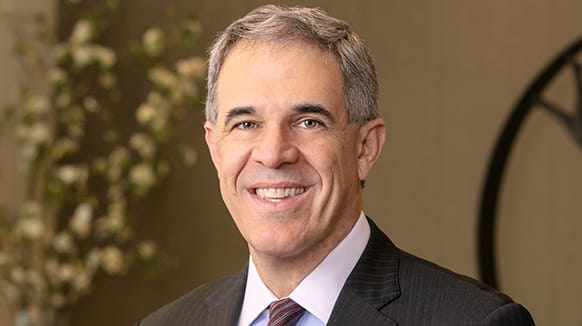Haynes and Boone, LLP Partners Larry Pascal and Carlos Alva were featured in a Q&A in Latin America Energy Advisor discussing Mexico’s new Olmeca refinery.
Read an excerpt below:
Q: Mexican state-owned oil company Pemex’s CEO, Octavio Romero said on Jan. 4 that the country’s new Olmeca refinery is estimated to be producing a combined 274,000 barrels per day of gasoline, diesel and jet fuel by the time President Andrés Manuel López Obrador leaves office in September. How likely is the Olmeca refinery to achieve that target, considering scheduling setbacks that it has already faced? How important is the new refinery to Mexico’s energy needs? To what extent can the refinery help strengthen the finances of Pemex, the world’s most indebted oil company?
Larry Pascal and Carlos Alva: Although the commencement of operations of the Olmeca refinery has been postponed on several occasions, and estimated production figures have changed, Pemex issued a statement on Jan. 8 stating that the refinery will start operations in February. Pemex has also announced that the refinery will gradually increase production, producing 65,000 barrels per day (bpd) in February; 128,000 bpd in March and 176,000 bpd in April and thereafter for the year. Due to the upcoming commencement date, one has reason to believe that these production estimates are realistic. The refinery plays an important role in Mexico’s energy security plans because a fundamental purpose is to reduce fuel imports and to strengthen Mexico’s refinery system by adding domestic production capacity. However, the start of operations does not mean that Mexico can be considered self-sufficient in fuels, even when it reaches its full production capacity of 320,000 bpd, because imports will continue to be required until demand for fuel is reduced in the long term due to the intro-duction of electric or hybrid automobiles or other energy transition factors. Finally, the refinery will help Pemex to reduce its level of imports of refined fuels. However, with the refinery costing an estimated $17 billion, it remains to be seen whether the long term net effect of this investment will be positive in terms of reducing its current debt of approximately $106 billion.
To read the full article in Latin America Energy Advisor, click here.

